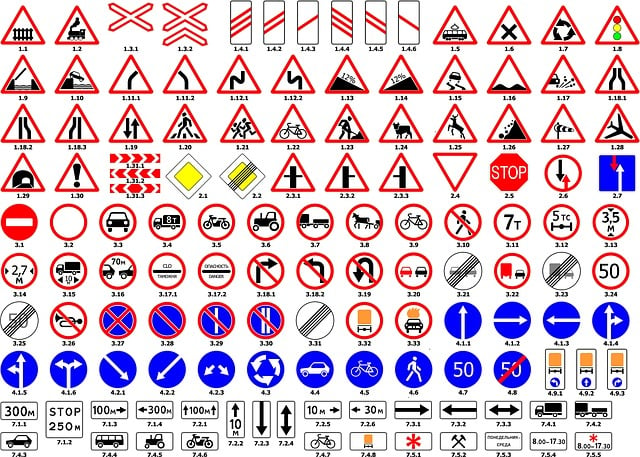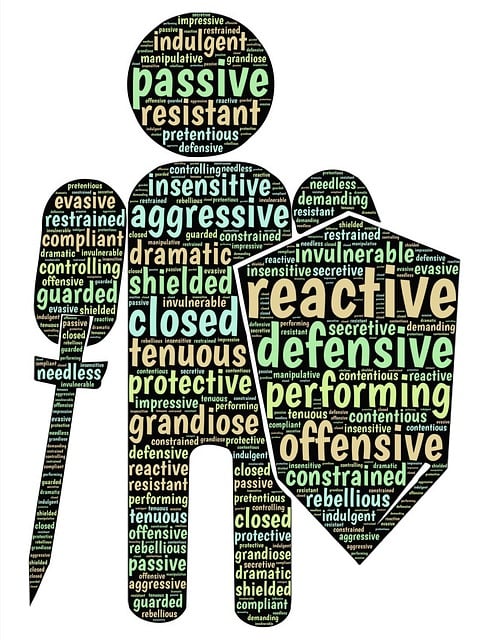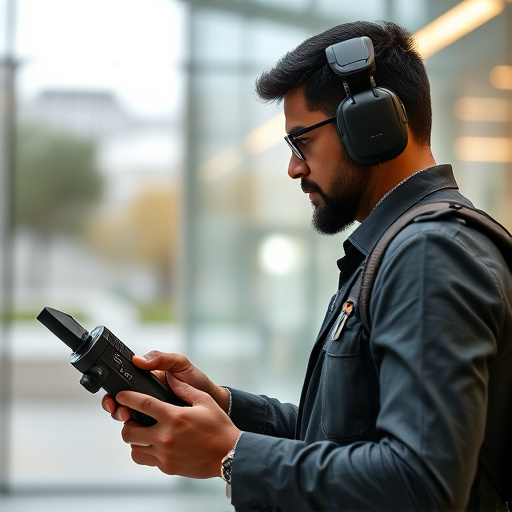TL;DR: Understanding self-defense product laws is crucial for compliance, safety, and avoiding legal repercussions. Legalities vary widely by region, affecting the types, use, and display of defense gear like pepper spray, stun guns, and knives. Key considerations include researching local legislation, understanding gear restrictions and permissions, demonstrating reasonable fear or intent, and properly handling and storing defense tools. Staying informed about state-specific rules is essential due to significant variations in US state regulations, ensuring lawful and effective self-defense choices while adhering to legal requirements.
“In an era where personal safety is a paramount concern, understanding self-defense product laws is more crucial than ever. This comprehensive guide delves into the intricate world of regulations surrounding defense gear, offering a detailed overview for citizens seeking to protect themselves in public spaces. From legal considerations for carrying defensive tools to state-specific rules, this article equips readers with knowledge to navigate the legalities of self-defense product laws, ensuring they remain informed and prepared.”
- Understanding Self-Defense Product Laws: A Comprehensive Overview
- Legal Considerations for Carrying Defense Gear in Public Spaces
- Unraveling the Regulations: What Makes a Product Legal for Self-Defense?
- Key Factors in Determining Self-Defense Tool Legality
- Navigating State-Specific Rules: A Guide to Consistent Self-Defense Rights
Understanding Self-Defense Product Laws: A Comprehensive Overview

Understanding Self-Defense Product Laws: A Comprehensive Overview
The legalities of defense gear vary significantly across jurisdictions, making it crucial for individuals to understand the self-defense product laws in their region before purchasing or carrying any such tools. The range of allowed defense products and the conditions under which they can be used are critical aspects that should not be overlooked. Different countries and states have different regulations regarding what constitutes legal defense gear, with some permitting only certain types of weapons like pepper spray or stun guns, while others might allow more diverse options, including tactical knives or even firearms.
Knowing the legal considerations surrounding self-defense products is essential for ensuring compliance with local laws and avoiding potential consequences, such as fines or imprisonment. The legal aspects of carrying defense tools can impact how individuals protect themselves in various situations, from personal safety to business security. Understanding defense product regulations involves familiarizing oneself with specific rules related to age restrictions, permit requirements, and public display or transport of these products to make informed decisions tailored to one’s needs and the applicable laws.
Legal Considerations for Carrying Defense Gear in Public Spaces

When it comes to carrying self-defense gear in public spaces, understanding the legalities involved is paramount. Self-defense product laws vary significantly from one jurisdiction to another, and what’s permitted in one place might be restricted or outright illegal in another. Before you decide to openly carry a stun gun, pepper spray, or even a simple taser, it’s crucial to familiarize yourself with your local, state, and national regulations.
The legal aspects of carrying defense tools are not just about the right to bear arms; they also encompass specific rules on where and how these products can be used and displayed. For instance, some regions have strict guidelines on the types of self-defense products allowed, their capacity, and even the circumstances under which they can be employed. Additionally, there might be restrictions on public spaces like schools, government buildings, or airports where the use or display of defense gear is prohibited. Understanding these defense product laws and regulations is essential to ensure compliance with the law and to maintain safety for yourself and those around you.
Unraveling the Regulations: What Makes a Product Legal for Self-Defense?

Understanding what makes a self-defense product legal is crucial for anyone considering purchasing or carrying such items. The legalities of defense gear vary significantly across regions, and staying informed about local regulations is essential to avoid any legal complications. In general, for a product to be considered legal for self-defense, it must meet specific criteria related to design, functionality, and intended use.
Defense products, including tools like pepper spray, stun guns, or personal alarms, are subject to strict regulations that ensure their safe and responsible use. These regulations often take into account factors such as the product’s potency, range, and ease of use. Additionally, there may be requirements for proper training or licensing to carry certain defense gear, further emphasizing the need for users to understand and adhere to local self-defense product laws and regulations.
Key Factors in Determining Self-Defense Tool Legality

When navigating the legalities of self-defense products, several key factors come into play. Understanding these considerations is essential for ensuring compliance with self-defense product laws and regulations. Firstly, the specific jurisdiction’s legislation regarding defensive tools must be thoroughly researched and comprehended. What constitutes a legal self-defense tool varies across regions, so staying informed about local laws is paramount. Additionally, the type of defense gear plays a significant role; whether it’s pepper spray, a stun gun, or a personal alarm, each has its own set of legal restrictions and permissions.
Another critical aspect involves understanding intent and use. Self-defense product laws often differentiate between personal protection and aggression. The onus is on the carrier to demonstrate reasonable fear or intent to protect oneself, not cause harm. Moreover, knowledge of safe handling and storage practices is crucial, as proper usage and accessibility can impact legality. Carrying certain defense tools in inappropriate settings or without proper training might render them illegal.
Navigating State-Specific Rules: A Guide to Consistent Self-Defense Rights

Navigating state-specific rules is a crucial aspect of understanding self-defense product laws. Every state in the US has its own set of regulations governing the legality of defense gear, such as pepper spray, stun guns, and personal alarms. These laws can vary widely, affecting everything from the types of weapons allowed to the conditions under which they can be carried. For instance, some states have strict requirements for obtaining a permit to carry a stun gun, while others allow open carry without a license.
When considering the legalities of defense gear, it’s essential to stay informed about your state’s specific regulations. This involves regularly reviewing updates to these laws and understanding the various exemptions and limitations. Being aware of these legal considerations empowers individuals to make informed decisions when purchasing or carrying self-defense products, ensuring they remain within the boundaries of the law while protecting themselves and their loved ones effectively.






